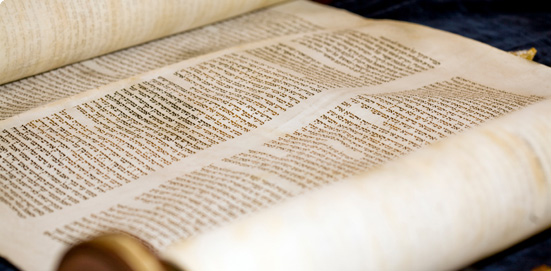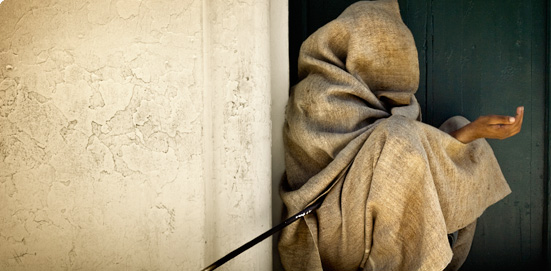Latest Resources

Critical Perspectives: An Interview on the Gospel of Judas
What is the Gospel of Judas and why is it important in understanding the early church? Read more to find out.An interview with Professor Charles W. Hedrick on the discovery of the gnostic Gospel of Judas, the translation of which was first published in 2006. Charles W. Hedrick is Distinguished Professor Emeritus at Missouri State University. Among his many publications…
READ MORE
Critical Perspectives: Making Sense of the Text—the Four Source Theory in Biblical Scholarship
The Four-Source Theory suggests that the Pentateuch, the first five books of the Bible, came from four different stories. Learn about the strengths and weaknesses of this theory.By Linda A. Dietch PhD Candidate, Drew University, Madison, NJThose who read the Bible are sometimes struck by discrepancies or inexact repetitions of content that make following the storyline difficult. During the Age…
READ MORE
Critical Perspectives: Divorce—Biblical Perspectives
Divorce affects millions of individuals. Read more to see what the Bible says about divorce and learn how Christians can approach the issue today.In an age when marriage, once considered the bedrock of society, has tumbled from its position of moral prominence, and the divorce rate (among Christians as well) has skyrocketed, it seems that the Church has, for the…
READ MORE
Pharisees
They weren’t priests, but they weren’t commoners. So who were the Pharisees and what was their role in Jewish life? Find out here. By Jesus' day, it was common for Jewish people to meet in private homes for worship and to study the Scriptures. This practice had begun in the later second century B.C. and continued in the first century A.D. One group…
READ MORE
Zealots
They were the rebels of Palestine. Read about who they were and what they believed in. The Maccabees, as discussed earlier, insisted that the Jewish people have their own king. They were defeated when the Romans took over the land in 63 B.C. Later attempts to win freedom and create an independent Jewish state failed in A.D. 70 and again…
READ MORE
Class and Rank in the Roman Empire
In ancient Rome, social class was everything. It determined a person’s rights, privileges and opportunities. The Roman Empire had a class structure based on wealth, birth, and citizenship. At the very top of Roman society was the emperor, who was considered the empire's “first citizen.” Some emperors even declared themselves to be equal with the gods. Below the emperor were…
READ MOREGod’s Word heals and brings hope
Your generosity will give the gift of Scripture to people worldwide who need its life-changing message.








